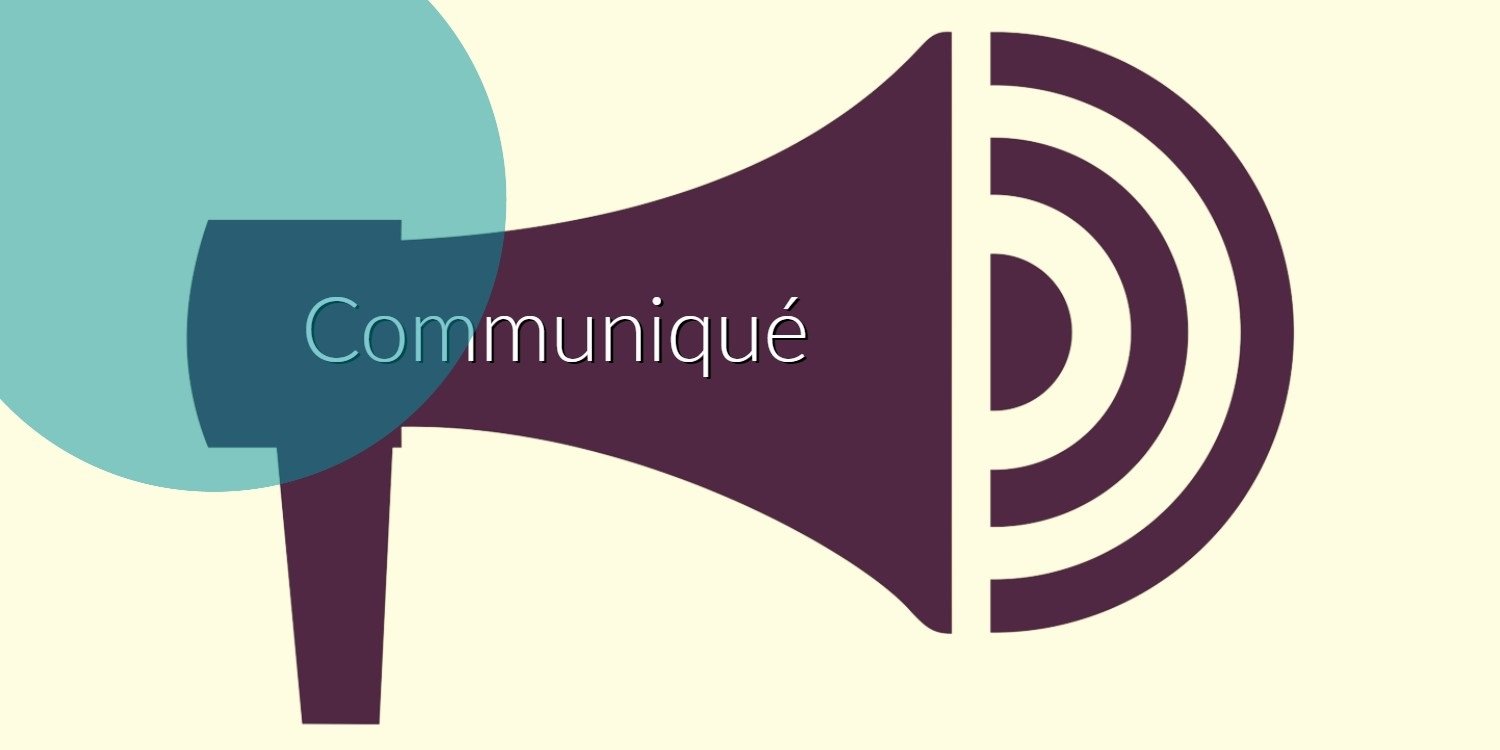
PRESS RELEASE
In Canada, Copyright melts faster than the glacier
Montreal, March 23, 2016 - On February 19, the Copyright Board rendered its decision on the claim of Access Copyright, the management company which represents Canadian authors and publishers outside Quebec, to certify a tariff for the reproduction of copyright works in K-12 schools in Canada (except Quebec) for 2010-2015. The Copyright Consortium of the Council of Ministers of Education, Canada (CMEC), composed of the ministers of education of the provinces and territories (except Quebec), opposed Access Copyright’s request. The Board set the tariff at $ 2.46 per student for the 2010-2012 year and $ 2.41 per student for the years 2013-2015. In 2009, the Board assessed the tariff to be paid to Access Copyright by schools at $ 4.81 per student.
The decision of February 19 is of considerable concern for authors and publishers given the very large amount of reproductions for which the Board has, this time, decided not to provide any compensation. The Board ignored the huge, almost mass-produced, amount of reproductions made in Canadian schools. This represents hundreds of millions pages copied (poems, stories, plays, texts and illustrations from children's books, etc.) for which no compensation is considered. In what other economic sector such a considerable use of the property of others is granted for free and considered fair or legitimate? The economic life of a work is not limited to its sale, but is also found in other marketing methods, including collective management. The Board refuses to acknowledge that the right holders and their reproduction rights organizations offer easy access and a reasonable, fair and legitimate alternative to the mass reproduction without compensation.
Let’s not forget the statements of Mrs. Ramona Jennex, representative of the Council of Ministers of Education (Canada), during the legislative committees, stating that the insertion of the word "education" in the fair dealing exception would have no impact on the income of right holdersi. Let’s remember also the will expressed by the Government at the time not to give a "blank check" to educational institutions. We also recall that since January 2013, the ministries of education outside Quebec did not renew the Copyright licenses with Access Copyright. They decided, unilaterally and without legal or jurisprudential basis, to establish usage policies they call "guidelines on fair dealing", allowing them to reproduce up to 10% of a work or an entire chapter. The ministries refuse to compensate right holders for these reproductions. Is it necessary to emphasize that such a broad interpretation of the concept of fair use weakens the Canadian edition and deprives creators of a portion of their income? Sadly, in Canada, copyright is melting faster than the Arctic glaciers.
However, it’s worth noting that the Copyright Board, despite the insistence of CMECdoes not consider these guidelines for the fairness of use assessment. This refusal of the Board also displeases the CMEC Copyright Consortium as we can judge by the statements of Mrs. Casey, Minister of Education and Early Childhood Development for Nova Scotia and Chair of the CMEC Copyright Consortium. She emphasized: "(w)e have gone to considerable lengths to establish the Fair Dealing Guidelines for teachers and school staff, so some aspects of this decision of the Copyright Board are therefore quite disappointing." Certainly a statement to be considered by educational institutions that have decided to implement such policies for the use of copyrighted works.
Copibec is a not-for-profit collective that was founded in 1997 by the Union des écrivaines et écrivains québécois (UNEQ) and the Association nationale des éditeurs de livres (ANEL). It has members from diverse backgrounds representing authors and publishers in Quebec. Copibec is mandated by right holders. It has been empowered to manage the copyrights of thousands of books, newspapers and periodicals from Quebec authors and publishers. It has also established bilateral agreements with over 30 countries allowing it to manage millions of works.
-30-
Information:
Caroline Lacroix
Communications Services
[email protected]
1 800 717-2022 #242



